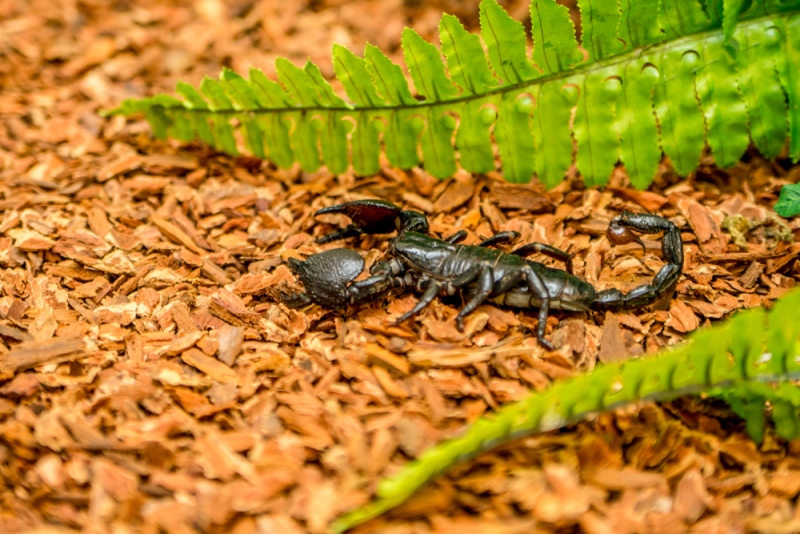A variety of pests often encroach on human homes in search of food, shelter, and a place to nest. However, some of these creatures can be dangerous, such as those from the arachnid family. Some species of spiders and scorpions can be especially troublesome, especially when they inadvertently come into contact with people and defend themselves with a painful bite or sting. If you encounter these creatures inside your home, you may be accidentally attracting them; however, knowing what makes your home comfortable to these pests can be the first step in getting rid of them.
1. A Food Source
Most arachnids eat insects, but some larger scorpions might also prey on small mammals, like mice and voles. Repelling as many bugs as possible and keeping mice away from your home can encourage scorpions to forage elsewhere. Spiders feed almost exclusively on insects, but larger species, such as tarantulas and wolf spiders, may also hunt frogs, toads, and mice. You may find arachnids around your house less often if you discourage their food source from making your yard their home.
2. Moist or Damp Interior Areas
Scorpions and spiders of all kinds prefer to live in damp, dark places. In their natural environment, you can find them in moist, rotting vegetation or in underground tunnels they build themselves. However, they might find your cellar, crawlspace, and indoor plumbing to their taste as well. Scorpions will wander a considerable distance to find water, and they might make themselves at home and breed in the dark corners of your cellar.
If your basement tends toward dampness, you can keep spiders and scorpions from inviting themselves in by ensuring there are no cracks or crevices they can crawl through. Use insulated foam or caulk to seal up these spaces. Eliminate cobwebs and spiderwebs from your basement, as daddy longlegs, which cannot create silk, often take over abandoned webs and multiply.
3. Places to Hide
Most arachnids avoid the heat of the day and like to hide in dark places where they can rest until night falls and it is cool enough to hunt. Most scorpions are nocturnal, and if they can find dark places in your home to hide, they may make them their permanent home. To discourage this, clear your attic and basement of boxes and store seasonal clothes and holiday decorations in clear plastic bins with snap-on lids. If you keep firewood on the porch, stack it on an elevated surface and snap a thick tarp over it to keep arachnids away.
4. Easy Entry
Gaps under doors and cracks and crevices in your home’s foundation make it simple for spiders and scorpions to gain access. However, a professional scorpion control company can create a chemical barrier around your home that can help drive these potentially-dangerous pests away. The techs can also give you additional advice regarding the habits of spiders and scorpions and the best practices for making your home unappealing to them.
Not only are scorpions and spiders frightening to encounter, they can deliver a painful bite or sting to people and pets. Knowing how to repel them can lower the risk of these dangers and help keep yourself and your family safe.
